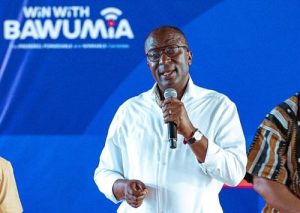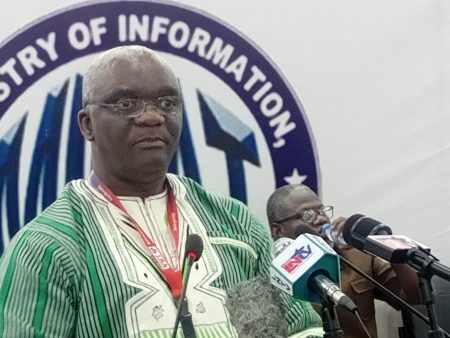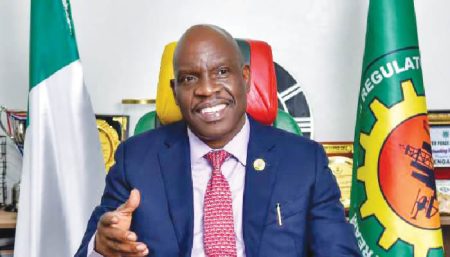The Nigerian economy witnessed a significant contraction in private sector credit during the first half of 2025, amounting to a N1.89 trillion decrease. This decline, attributed to high borrowing costs and tight liquidity conditions stemming from the Central Bank of Nigeria’s (CBN) monetary policy stance, forced businesses and households to curtail their debt levels. The CBN maintained a restrictive monetary policy throughout 2025, keeping the benchmark interest rate unchanged following a series of hikes in 2024. This strategy, aimed at prioritizing economic stability over credit expansion, made new borrowing more expensive, prompting many businesses to prioritize debt repayment over new investments. Despite the contraction, the private sector continued to dominate credit utilization, accounting for approximately 76% of net domestic credit by June 2025, highlighting banks’ preference for lending to businesses and individuals over government entities.
A closer examination of the month-by-month data reveals a fluctuating pattern in private sector credit. While January and February experienced consistent declines, April saw a temporary rebound, potentially driven by seasonal working capital needs. However, this recovery proved short-lived, with May and June witnessing further contractions, the latter marking the steepest monthly decline and effectively erasing the gains made in April. Government borrowing, on the other hand, exhibited a more erratic pattern, with significant fluctuations throughout the first half of the year, influenced by fiscal cycles and government spending needs. The combined effect of reduced lending to both private and public sectors pushed net domestic credit below the N100 trillion mark in June, representing the first such dip in 2025.
While the first half of 2025 showed a credit contraction, compared to the previous year, credit levels overall had expanded. The private sector’s credit, for example, was N2.94 trillion (4.02%) higher in June 2025 compared to June 2024. Government credit had seen a slight decrease over the same period. Net domestic credit as a whole grew by N2.74 trillion (2.82%) year-on-year. These year-on-year increases highlight the long-term impact of monetary policy decisions and the time lag between policy implementation and observable effects on the credit market. They also underscore the complex interplay of factors influencing borrowing behavior, including economic outlook, investment opportunities, and regulatory environment.
The CBN’s unwavering commitment to containing inflation and stabilizing the naira through a restrictive monetary policy placed significant pressure on credit growth. High interest rates significantly increased the cost of servicing existing debts and raised the bar for acquiring new loans, impacting both businesses and households. This policy stance translated into tangible challenges for businesses, as high interest rates emerged as the primary business constraint in June 2025, surpassing even long-standing concerns like insecurity and insufficient power supply. This finding, based on the CBN’s Business Expectations Survey, reflects the growing strain on businesses, particularly small and medium-sized enterprises, struggling to operate under challenging monetary conditions. While insecurity and electricity shortages continued to pose significant obstacles to economic productivity, the surge in borrowing costs added another layer of complexity, further impeding businesses’ growth prospects.
The CBN’s decision to retain the Monetary Policy Rate (MPR) at 27.5% for the third consecutive time in 2025 underscored its commitment to managing inflationary pressures. Governor Olayemi Cardoso justified the decision by emphasizing the need to sustain disinflationary momentum and address underlying price pressures. He cited concerns about global geopolitical tensions, ongoing tariff wars, and their potential to disrupt global supply chains and elevate import costs as further justification for the cautious monetary policy stance. While prioritizing stability, this sustained high interest rate environment generated considerable pushback from the business community.
The Lagos Chamber of Commerce and Industry (LCCI) voiced concerns about the negative impact of the high MPR on businesses. Dr. Chinyere Almona, Director-General of the LCCI, warned about the significant burden it placed on businesses and advocated for a reduction in the MPR to provide relief. This highlighted the inherent tension between the CBN’s focus on macroeconomic stability and the need to support business growth and economic activity. The debate continues regarding the optimal balance between controlling inflation and fostering a conducive environment for private sector investment and job creation in Nigeria. The challenges posed by high interest rates, coupled with other structural constraints like insecurity and inadequate power supply, underscore the complex economic landscape and the need for multifaceted policy responses to promote sustainable economic growth.














